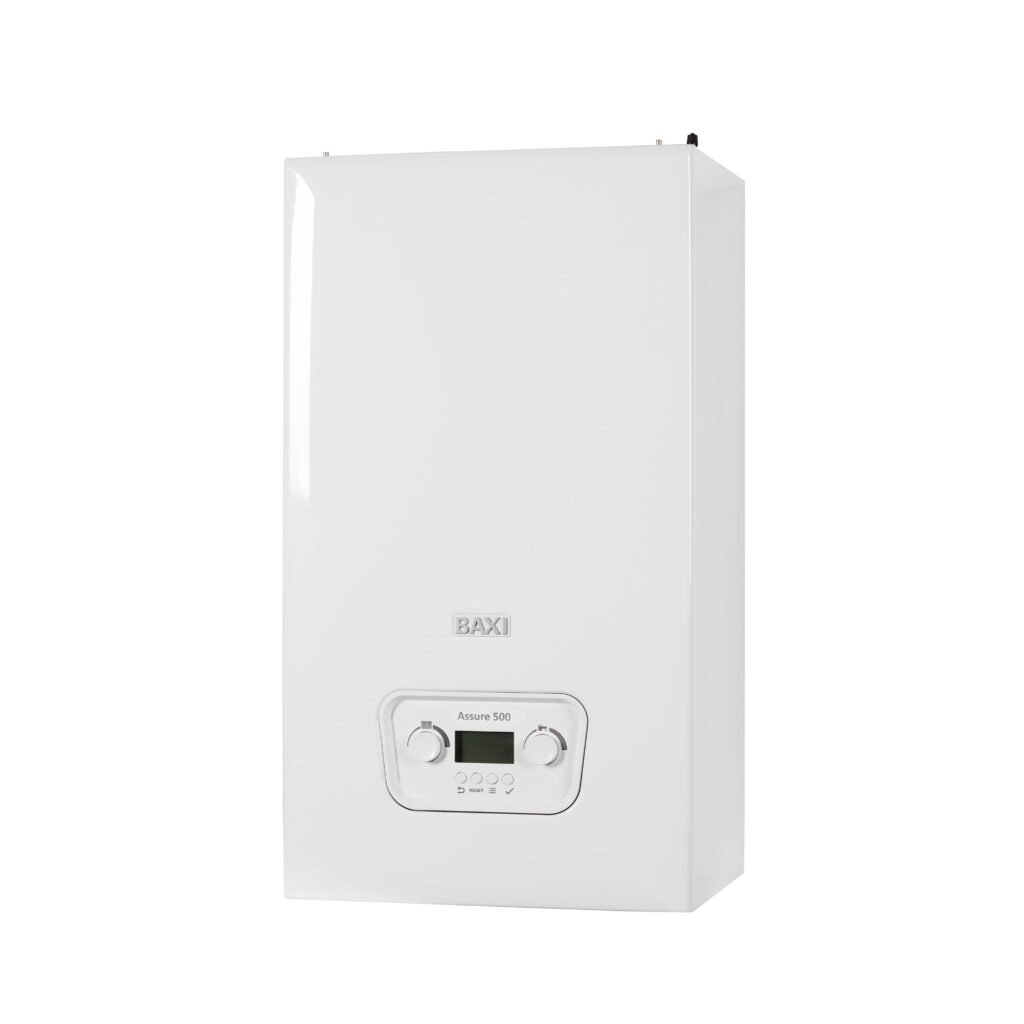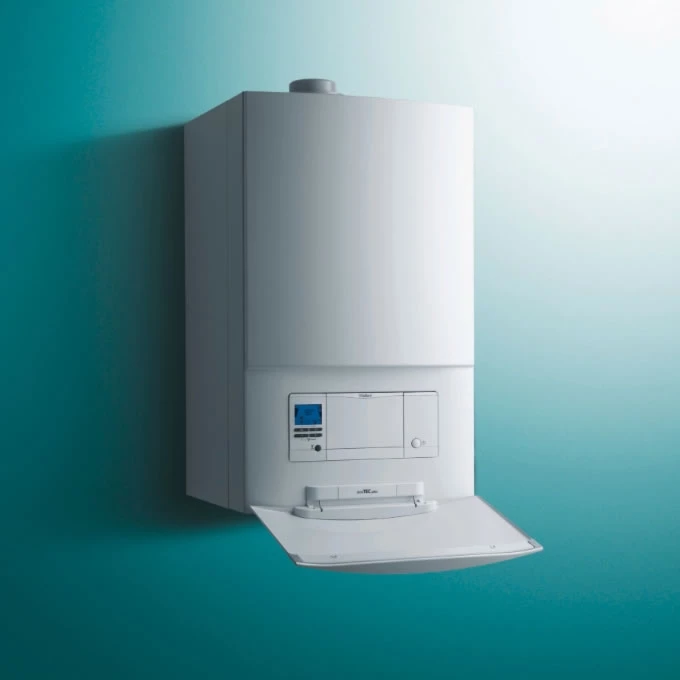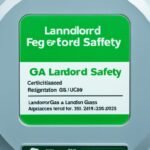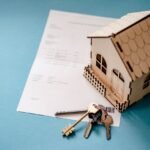As a UK landlord, keeping your tenants safe is top priority. Gas safety certificates are key to this. They’re not just a must-have for the law; they’re crucial for your property and everyone living there. Let’s dive into the main points of gas safety certificates and why they’re a must for landlords in the UK.
Gas safety certificates are a must for landlords, covering many types of homes. They make sure gas appliances, flues, and pipes are safe and work right. Getting an annual gas safety check is a big part of being a landlord. It helps avoid dangers and keeps tenants safe.
It’s important to know what you need to do as a landlord. You must get an annual gas safety check, keep good records, and share these with your tenants. These checks should be done by a Gas Safe registered engineer. This ensures everything meets top safety levels. Remember, you can’t shift these duties to your tenants; they’re yours as the owner.
Key Takeaways
- Gas safety certificates are mandatory for all rented properties with gas appliances
- Annual checks must be conducted by Gas Safe registered engineers
- Landlords must provide tenants with a Gas Safety Record within 28 days of the check
- Non-compliance can result in hefty fines and legal consequences
- Carbon monoxide alarms are now required in rooms with gas appliances
- Landlords are responsible for maintaining gas appliances, pipework, and flues
Carbon Monoxide Alarms: New Requirements for Landlords
New rules have started, changing how landlords deal with carbon monoxide detectors. These rules aim to make tenants safer and reduce carbon monoxide risks in rental homes across the UK.
From 1 October 2022, landlords must put carbon monoxide alarms in every room where there’s a fixed combustion appliance, except gas cookers. This rule is for both private and social housing, making a big step in protecting tenants from this silent killer.

Now, landlords must check all alarms work on the first day of a new tenancy. It’s important these alarms meet British Standard EN 50291 and have an approval mark like a Kitemark.
| Regulation | Requirement | Penalty for Non-Compliance |
|---|---|---|
| Carbon Monoxide Alarms | Mandatory in rooms with fixed combustion appliances | Up to £5,000 fine |
| Smoke Alarms | Required on each storey of living accommodation | Up to £5,000 fine |
| Alarm Functionality | Must be working on first day of tenancy | Up to £5,000 fine |
Landlords are now in charge of installing and checking alarms work at first. Tenants must test them later. This shows how important it is for landlords and tenants to talk clearly to keep everyone safe.
1. What is a Gas Safety Certificate?
A Gas Safety Certificate, also known as a CP12, is crucial for UK landlords. It shows that gas appliances, flues, and pipework in a rental property are safe and work well. This certificate is more than just a document; it’s a legal must-have that keeps tenants safe and follows UK rules.
What it covers
The CP12 certificate checks all gas-related parts in a property. This means looking at:
- Gas appliances (boilers, cookers, fires)
- Flues and chimneys
- Gas pipework
Why it’s important
A Gas Safety Certificate is very important. It keeps tenants safe from gas leaks and carbon monoxide poisoning. For landlords, it’s the law with big fines and even legal action if ignored. Not having a valid CP12 can lead to fines up to £20,000 per property and legal trouble.
How to obtain one
To get a Gas Safety Certificate, landlords need a Gas Safe registered engineer for an annual check. Costs for the certificate are between £60 to £120, with inspection fees from £80 to £150. It’s key to keep the certificate up to date by renewing it every year.

| Aspect | Details |
|---|---|
| Validity Period | 12 months from inspection date |
| Cost Range | £60 – £120 per certificate |
| Inspection Fee | £80 – £150 |
| Potential Fine | Up to £20,000 per property |
2. How often do I need to get a Gas Safety Certificate?
The Gas Safety (Installation and Use) Regulations 1998 say landlords must get a Gas Safety Certificate every year. This important document makes sure tenants are safe and follows UK law.
The annual check
Landlords need to get gas safety checks done once a year for all gas appliances and flues for tenants. This applies to properties managed by housing associations, local authorities, hotels, and schools.
Timing is crucial
Since 2018, landlords have more freedom in when to do these checks. You can renew your gas safety record up to two months early without losing its validity. This change helps avoid certification gaps and keeps you in line with the law.
Record-keeping
Keeping accurate records is key for landlords. You must keep gas safety records for at least two years and give a copy to your tenants within 28 days of the check. Not keeping these records can lead to big fines.
| Aspect | Requirement |
|---|---|
| Frequency of checks | Annual |
| Renewal window | Up to 2 months before deadline |
| Record retention | Minimum 2 years |
| Tenant notification | Within 28 days of check |
These yearly gas safety checks are not just a legal must; they’re crucial for keeping your tenants and property safe. Stay on top of these checks and keep your records updated. This way, you avoid legal problems and ensure a safe place for everyone.
3. What happens during a gas safety check?
A gas safety check is key to keeping your rental property safe. It makes sure tenants and the property are safe. A Gas Safe registered engineer checks all gas parts in your rental.
Appliance inspection
The engineer looks at all gas appliances given by the landlord. This includes boilers, cookers, and fires. They check if these work right and are gas tight. If any appliances are faulty, they are fixed or replaced right away.
Flue examination
Flues and chimneys are important for ventilation. The engineer checks them to make sure they’re clear and safe. This stops dangerous gases like carbon monoxide from building up.
Pipework assessment
The engineer looks at all visible pipework for damage or leaks. They check connections and fittings to make sure everything is tight and works well. This stops gas leaks and keeps the gas system safe.
| Check component | Frequency | Responsible party |
|---|---|---|
| Gas appliances | Every 12 months | Gas Safe registered engineer |
| Flues and chimneys | Annually | Gas Safe registered engineer |
| Pipework | Every gas safety check | Gas Safe registered engineer |
Landlords must do these checks every year and give tenants a gas safety record within 28 days. It’s the law that keeps your tenants safe and well.
4. Who can carry out a gas safety check?
It’s vital to know who can do gas safety checks. Landlords must make sure only certified experts handle gas work. This keeps tenants safe.
Gas Safe Register
The Gas Safe Register lists the only people who can work on gas appliances in the UK. Every gas safety check must be done by a Gas Safe engineer. This means the person doing the check has the right skills and qualifications.
Choosing an engineer
Landlords should get at least three quotes from different Gas Safe engineers. This lets them compare prices and services. The cost of a safety check varies by company and location.
Don’t just pick the cheapest option. Look for experience and a good reputation too.
DIY is a no-go
Landlords must not try to do gas safety checks themselves. Doing gas work yourself is illegal and risky. It can lead to gas leaks, fires, and carbon monoxide poisoning.
Trying to fix gas issues yourself can result in big fines, up to £6,000, or even six months in jail.
Gas safety checks usually take about half an hour. After, the engineer gives a gas safety certificate that lasts a year. Landlords must give this certificate to tenants within 28 days of the check or before they move in.
5. What are my legal responsibilities as a landlord?
Landlords in the UK have key legal duties regarding gas safety. The Gas Safety (Installation and Use) Regulations 1998 detail these duties. They are vital for keeping tenants safe and meeting legal standards.
Annual inspections
One main duty is to get annual gas safety checks done. These must be by a Gas Safe registered engineer. The checks make sure gas appliances, flues, and pipes are safe.
Providing certificates
After each check, landlords must give tenants a Gas Safety Certificate. This should be within 28 days of the check. For new tenants, it must be given before they start living there.
Maintaining records
Keeping detailed records is crucial. Landlords must keep Gas Safety Certificates for two years. These records prove compliance and may be asked for by authorities or tenants.
Landlords also have other duties:
- Conducting electrical safety checks every five years
- Providing an Energy Performance Certificate (EPC)
- Performing fire risk assessments
- Carrying out ‘right to rent’ checks
- Obtaining appropriate landlord insurance
By meeting these duties, landlords follow the law and keep their tenants safe and well.
6. What happens if I don’t comply with gas safety regulations?
If you ignore gas safety rules in the UK, you could face serious issues. The fines are set to protect tenants and make sure you meet the law.
Financial penalties
Not following gas safety rules can cost you a lot. The Health and Safety Executive (HSE) might fine you up to £6,000 for each rule you break. This could add up quickly if you have many issues.
Legal repercussions
Ignoring the rules could also affect your insurance. You might struggle to evict tenants or use a Section 21 Notice without a valid Gas Safety Certificate.
Criminal charges
In extreme cases, you could even face criminal charges. This is especially true if you put tenants at risk because of your negligence.
| Aspect | Requirement | Consequence of Non-Compliance |
|---|---|---|
| Annual Gas Safety Check | Must be conducted by a Gas Safe registered engineer | Fines up to £6,000 per violation |
| Certificate Provision | Provide to tenants within 28 days of check | Invalidation of Section 21 Notice |
| Record Keeping | Maintain records for 2 years | Legal action by HSE |
| Carbon Monoxide Alarms | Required in rooms with fixed combustion appliances | Potential criminal charges |
To avoid these harsh penalties, it’s crucial to follow gas safety rules. This means doing annual checks, keeping records, and fixing any safety issues quickly.
7. What should I do if a tenant refuses access for a gas safety check?
Dealing with a tenant who won’t let you in for a gas safety check is tough for landlords. It’s important to know about tenant rights and the right of entry.
Communication is key
Talking clearly with a hesitant tenant is vital. Explain why annual gas safety checks are a must, as they’re the law and keep everyone safe. Mention the dangers of carbon monoxide poisoning and how checks stop serious issues.
Provide notice
Before entering for a gas safety check, landlords must give written notice. Offer various times to fit the tenant’s schedule. Make sure to mention the legal need and risks of not following the law in your notice.
Document everything
Keep a record of all talks with your tenant. This is key if you have to take more steps. If the tenant still won’t let you in, getting legal advice might be needed. Not doing a gas safety check because of this could affect your right to serve a section 21 notice later.
If you can’t get in, think about contacting local authorities for help. They might help sort things out or tell you what to do next. Always try to keep a good relationship with your tenant while doing what the law says.
8. Are there any exemptions to gas safety regulations for landlords?
Gas safety rules are key to keeping tenants safe. But, there are times when landlords might not have to follow all the rules. It’s important for landlords to know these exceptions to stay legal.
Properties without gas
If your rental doesn’t have gas for heating, cooking, or anything else, you don’t need a gas safety certificate. This is true for homes that use only electricity or other energy sources.
Long-term vacant properties
If your rental is empty for over 28 days, you might not have to check the gas annually. But, you must check it before new tenants arrive or when the property is lived in again.
Even with these exceptions, landlords should keep an eye on gas safety. Regular checks and maintenance are smart, even if not required. This can stop dangers and keep tenants safe.
Gas safety rules are there to save lives. Every year, 30 people in the UK die from gas appliances that weren’t installed or maintained right. Not following these rules can lead to huge fines and even manslaughter charges. Always talk to a Gas Safe registered engineer if you’re not sure about your gas safety duties.
9. How do Gas Safety Certificates relate to Houses in Multiple Occupation (HMOs)?
Gas safety rules are very strict for Houses in Multiple Occupation (HMOs). These places have many tenants from different homes. They need special care with gas safety.
More frequent checks
HMO landlords might have to check gas safety more often than once a year. This is true for places with lots of tenant changes. Regular checks keep everyone safe and follow HMO rules.
Individual certificates
In HMOs, each room with gas appliances might need its own gas safety certificate. This makes sure every living area is safe. Landlords must keep these certificates and give copies to tenants.
Additional safety measures
HMO landlords have more gas safety duties. These include:
- Putting carbon monoxide detectors in all rooms with gas appliances
- Checking common areas with gas appliances often
- Keeping detailed records of gas safety checks and maintenance
- Giving tenants gas safety info when they move in
Following these gas safety rules is key for HMO landlords. Not following them can lead to big fines, legal trouble, and even criminal charges. It’s vital to work with Gas Safe registered engineers and keep good records to keep tenants safe in HMOs.
10. How can I ensure ongoing gas safety between annual checks?
Keeping your property safe from carbon monoxide risks is a year-round task. Annual checks are key, but there are steps to take in between. These steps help keep your property safe.
Educate your tenants
Tenant education is key for gas safety. Make sure they know how to spot gas leak signs and what to do in an emergency. Encourage them to report any concerns quickly, creating a safety-focused environment.
Regular maintenance
Don’t just focus on yearly checks for gas appliances. Regular servicing keeps them running well. This can stop problems before they start and make your gas equipment last longer.
Install carbon monoxide detectors
Carbon monoxide detectors are now a must in rooms with gas appliances. They add an extra safety layer. They alert people to dangers early, preventing them from getting worse.
By doing these things, landlords can greatly lower gas-related risks. Remember, safety is everyone’s job. Work with your tenants, keep up with maintenance, and use modern safety tools. This makes a safe place to live.
| Safety Measure | Frequency | Responsibility |
|---|---|---|
| Gas Safety Check | Annually | Landlord |
| Tenant Education | At tenancy start and ongoing | Landlord |
| Appliance Maintenance | As recommended by manufacturer | Landlord |
| CO Detector Check | Monthly | Tenant |
Conclusion
Gas safety certificates are key for landlords in the UK. They’ve been important since the Gas Safety Regulations came in 1998. With about 20% of UK homes rented, keeping gas safe is very important.
Landlords must check gas safety every year. They should hire engineers from the Gas Safe Register. These checks cover gas appliances, boilers, flues, and pipes. The certificate you get, or CP12, proves you’re meeting the rules and must be given to tenants on time.
Keeping gas safe between checks means regular upkeep and talking to tenants. Landlords need to know their legal duties and any new rules. This helps keep tenants safe from gas dangers and avoids big fines. Remember, gas safety is about more than just following the law—it’s about keeping people safe.




